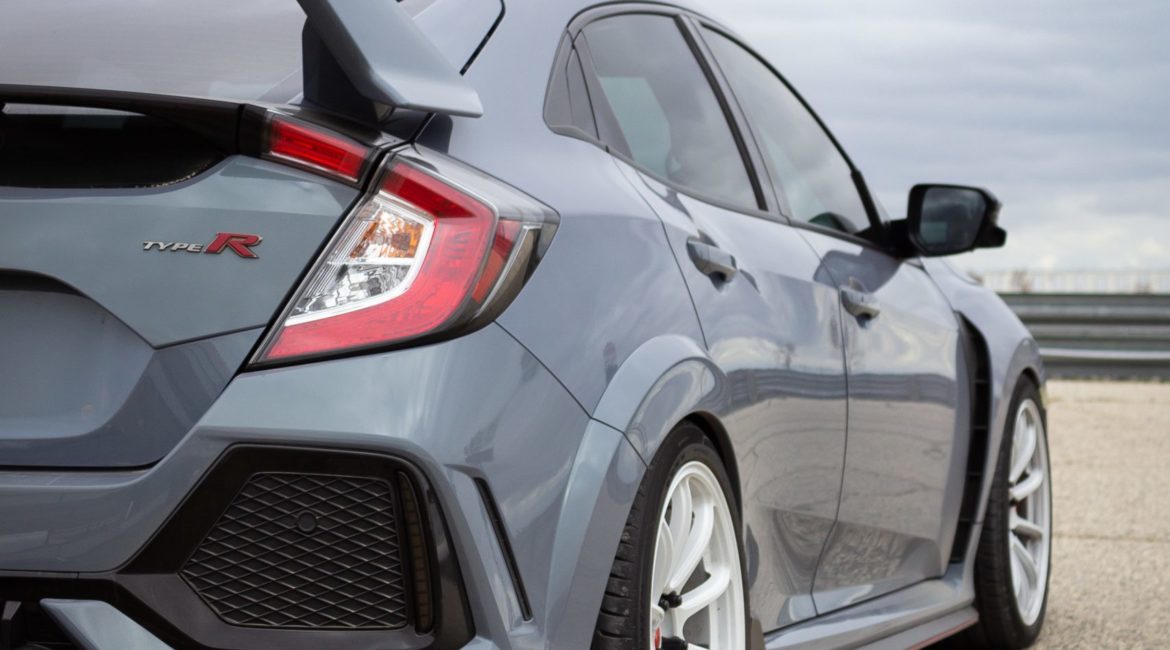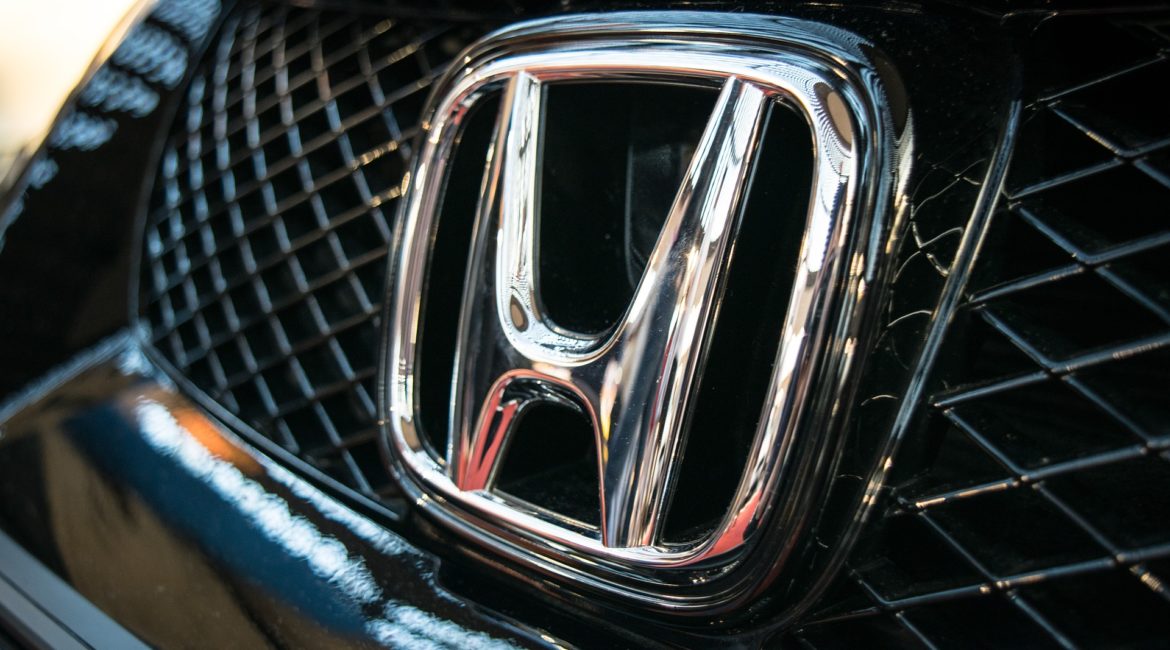Wheel reconditioning is a dangerous practice in collision repair. Honda is very clear that the company does not approve of any wheel repair that involves reconditioning. If you are not familiar with wheel reconditioning, it is a process of using various tools and methods to try to repair a damaged...
Category: Repair Factors That Impact You Financially
Honda Recommends Only Using OEM Parts on Structural Repairs—Here’s Why That's Important
Honda doesn't want you to take any chances with your structural repairs. If you’re in a collision and need to take your Honda to a shop for repairs, it only makes sense that you would want the job to be done as safely, efficiently, and cost-effectively as possible. At our...
Why Chevrolet Only Approves New Genuine GM Parts for Use with Advanced Driver Assistance Systems and Why You Should Care
Your Chevrolet's ADAS requires new OEM replacement parts in order to function as intended by GM. When you take your Chevy to a shop for repairs, it’s imperative that the shop follows the guidelines specified in General Motors’ Position Statement. Every shop has access to this information, but not...
Why Chevrolet Recommends Only New GM Air Bag Components and Why That’s Important for Your Repair
GM wants to maximize your safety with properly functioning air bags in your Chevy. In the auto body repair industry, we are provided with manufacturers’ Position Statements that describe each auto maker’s recommendations for how those repairs should be done. General Motors has released a detailed statement explaining why...




